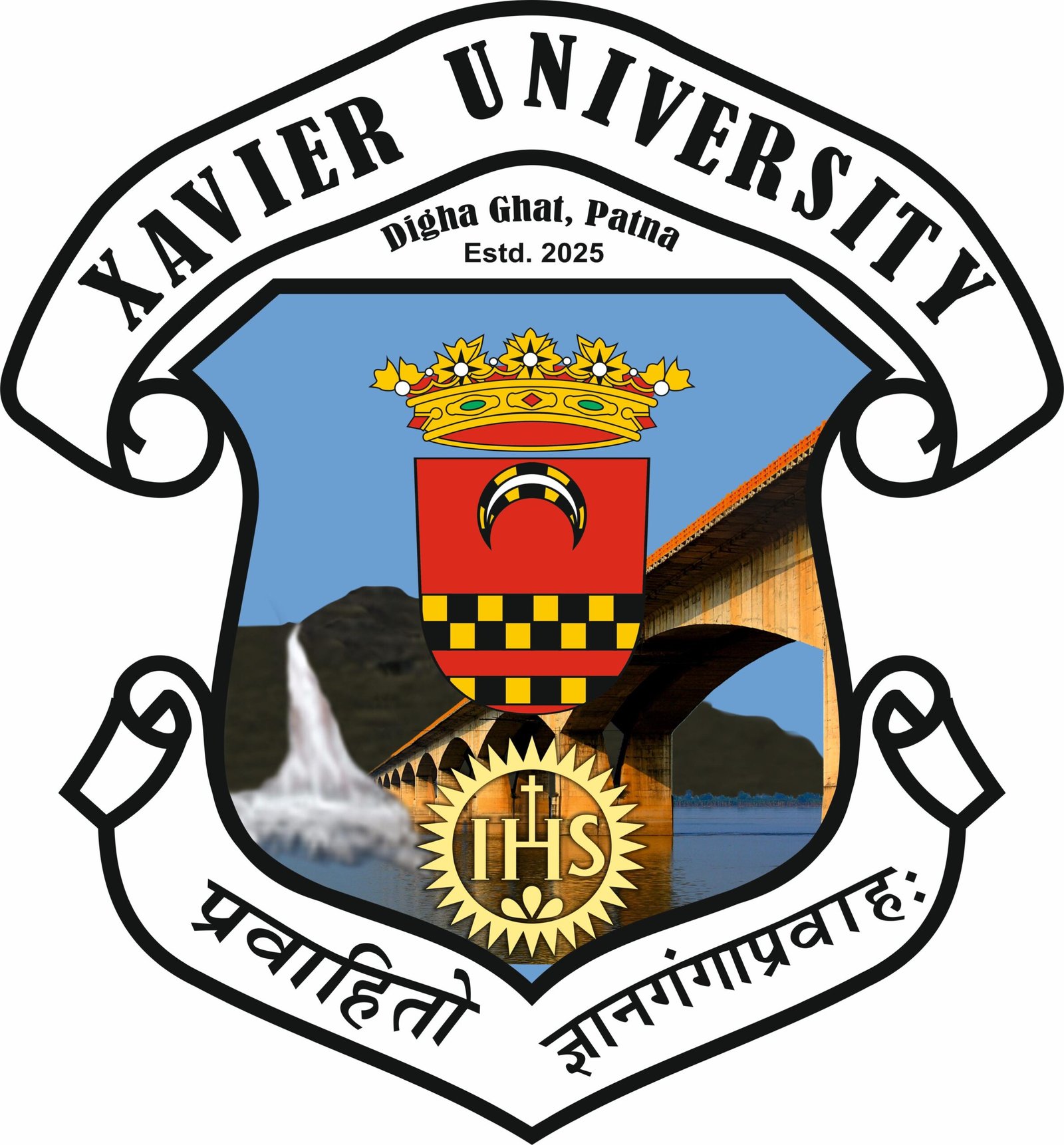Faculty and their Responsibilities
Teachers and their responsibilities
A teacher is constantly under the scrutiny of her/his students and the society at large. Therefore, every teacher should see that there is no incompatibility between her/his principles and practice. The profession further requires that the teacher should be calm, patient and communicative by temperament and amiable in disposition. Teachers in university have various responsibilities, assigned by the management, which include;
- Owning up the vision and mission of the university: Abide by the rules and regulations of the university and to respect its ideals, vision, mission, cultural practices and tradition.
- Assisting in admission: Assisting in appraising applications for admission, advising, interviewing and counselling students as well as assisting the conduct of university examinations, including supervision, invigilation and evaluation.
- Delivering lectures: Teachers are responsible for preparing and delivering lectures on their assigned subjects. They need to organize the material, develop lesson plans, and present the content effectively to help students understand and learn.
- Facilitating discussions: They create an environment conducive to learning, encourage critical thinking, and provide opportunities for students to ask questions and share their thoughts.
- Assessing student performance: Teachers evaluate and assess students' understanding of the subject through assignments, quizzes, tests, projects, and examinations. They provide feedback on students' performance, highlight areas for improvement, and assign grades based on their assessments.
- Providing guidance and support: Teachers serve as mentors and provide guidance to students. They offer academic advice, help students set goals, and assist in developing study plans. They may also provide support for personal and career-related matters, helping students navigate their educational journey.
- Planning and developing curriculum: University teachers often contribute to curriculum development. They review existing courses, propose new courses, and update the curriculum to align with current trends, industry requirements, and advancements in their field.
- Conducting research: They contribute to their respective fields by conducting research, publishing papers, attending conferences, seeking external funding and staying updated with the latest developments. Research-oriented faculty members may also involve students in their research projects.
- Advising and mentoring: Teachers may take on advisory roles, serving as academic advisors for students. They assist in course selection, help students plan their academic paths, and ensure they meet the requirements for graduation. Additionally, they may mentor students in their field of study, guiding them towards internships, career opportunities, or graduate studies.
- Engaging in professional development: University teachers continuously enhance their knowledge and teaching skills by participating in professional development activities. They attend workshops, seminars, faculty development programs, and conferences, stay updated with advancements in their field, and adopt new teaching methodologies and technologies to improve their instructional practices.
- Collaborating with colleagues: Teachers often collaborate with colleagues to exchange ideas, share resources, and enhance the overall learning environment. They may participate in departmental meetings, conduct national and international seminars, contribute to curriculum committees, and work collectively to improve the quality of education provided by the institution.
- Serving on committees: University teachers may be assigned to various committees within the institution, such as accreditation committees, faculty development committees, or student welfare committees. They actively contribute to decision-making processes and help shape the policies and procedures of the university.
- Ÿ Providing individualized attention: Teachers may offer individualized support to students who require extra assistance. They may provide one-on-one consultations, tutoring sessions, or office hours to address specific academic concerns or provide additional guidance.
- Supervising student projects and internships: University teachers may supervise students' independent projects, research endeavors, or internships. They guide students through the process, provide feedback, and evaluate the outcomes of their projects or internships.
- Keeping up with advancements in their field: University teachers stay updated with the latest research, theories, and technological advancements in their field. They continuously seek professional development opportunities, read scholarly articles, participate in workshops, and explore new teaching methodologies relevant to their discipline.
- Monitoring academic progress and attendance: University teachers keep track of students' academic progress and attendance records. They identify students who may be struggling academically or have attendance issues and may provide appropriate interventions or referrals to support services.
- Adhering to ethical and professional standards: Teachers uphold ethical and professional standards in their interactions with students, colleagues, and the institution. They maintain confidentiality, respect academic integrity, and create a safe and inclusive learning environment.
- Office Hours and Availability: Faculty members are typically required to hold office hours to provide additional support and guidance to students outside of the classroom. They may also be available for consultations and meetings with students, colleagues, and administrators.
- Accreditation: Faculty members may be involved in faculty governance, accreditation processes, and community outreach activities.
Teachers and Students
Teachers should:
- Respect the rights and dignity of the student in expressing her/his opinion;
- Ÿ Deal justly and impartially with students regardless of their religion, caste, gender, political, economic, social and physical characteristics;
- Recognise the difference in aptitude and capabilities among students and strive to meet their individual needs;
- Inculcate among students scientific temper, spirit of inquiry and ideals of democracy, secularism, social justice, environmental protection and peace;
- Be available to the students even beyond the class hours and help and guide students without any remuneration or reward;
- Refrain from inciting students against other students, colleagues or administration.
Teachers and Colleagues
Teachers should:
- Treat other members of the profession in the same manner as they themselves wish to be treated;
- Speak respectfully to other teachers and render assistance for professional betterment;
- Refrain from making unsubstantiated allegations against colleagues to higher authorities;
- Refrain from allowing considerations of caste, creed, religion, race or sex in their professional endeavour.
Teachers & Authorities
Teachers should:
- Discharge their professional responsibilities according to the existing rules and adhere to procedures and methods consistent with their profession in initiating steps through their own institutional bodies and / or professional organisations for change of any such rule detrimental to the professional interest.
- Refrain from undertaking any other employment and commitment, including private tuitions and coaching classes which are likely to interfere with their professional responsibilities;
- Co-operate in the formulation of policies of the institution by accepting various offices and discharge responsibilities which such offices may demand.
- Co-operate with the authorities for the betterment of the institutions keeping in view the interest and in conformity with the dignity of the profession.
- Adhere to the terms of contract.
- Refrain from availing themselves of leave except on unavoidable grounds and as far as practicable with prior intimation, keeping in view their particular responsibility for completion of academic schedule.


